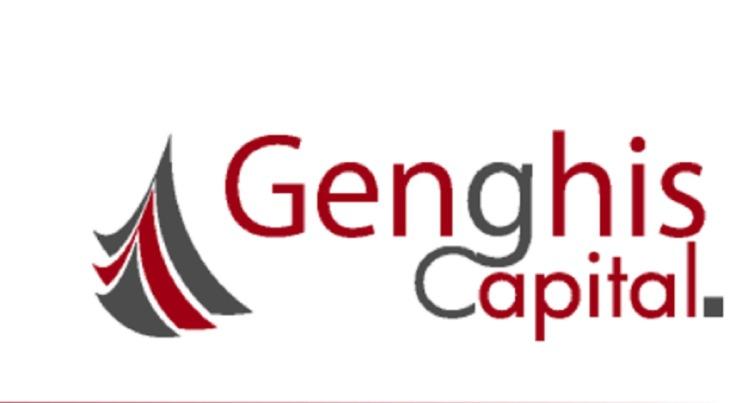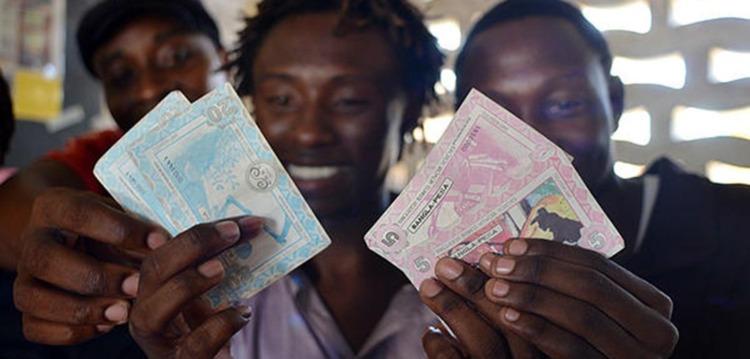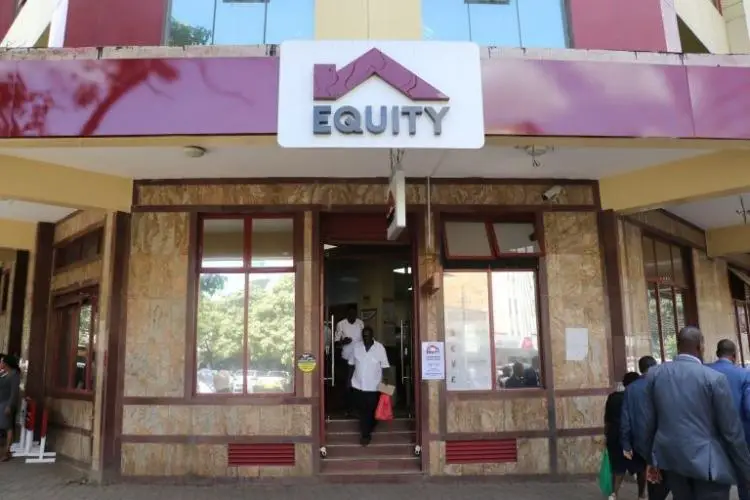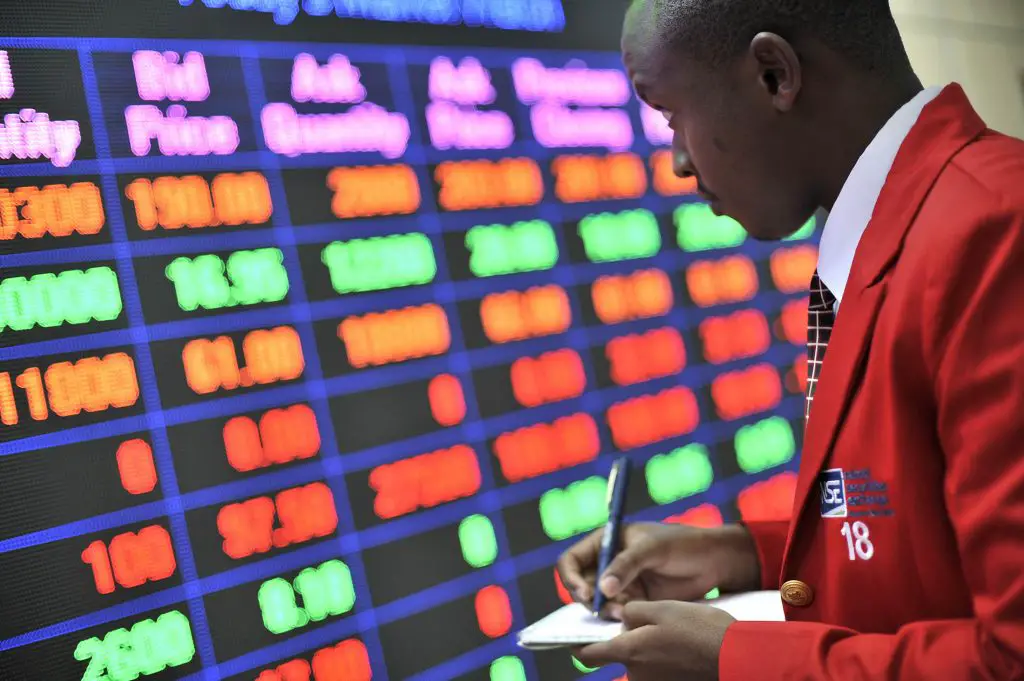- Abu Dhabi radiates optimism as over 300 startups join AIM Congress 2024
- TLcom Capital Raises $154 million in Funding to Boost Its African Growth
- Africa’s $824Bn debt, resource-backed opaque loans slowing growth — AfDB
- LB Investment brings $1.2 trillion portfolio display to AIM Congress spotlight
- AmCham Summit kicks off, setting course for robust future of US-East Africa trade ties
- Why the UN is raising the red flag on the UK-Rwanda asylum treaty
- Portugal’s Galp Energia projects 10 billion barrels in Namibia’s new oil find
- Wärtsilä Energy offers tips on how Africa can navigate energy transition and grid reliability
Browsing: Nairobi Securities Exchange
Interesting market developments encircled WPP ScanGroup in this review period. The counter’s share price has been on a rally albeit a sharp decline in its bottom line (-1,191.1% y/y) in the just-released FY20 results.
The uptick – that comes after a sequential diminution – is on the back of the exoneration of the suspended senior management that boosted investor confidence given the fact that there was no adverse effect on the counter’s financial performance, position and/or operations linked to the aforementioned. We opine that the rally will continue in the near term to 2Q21 levels as investors accumulate on the earlier exited positions.…
While others are still trying to wrap their heads around blockchains and the safety of cryptos, Africa is embracing this digital currency with both hands. So much that in Kenya, you can even buy your groceries and I mean vegetables with cryptocurrencies.
That’s right, and this is not only in urban centres like the bustling capital of Nairobi, no, no, no, but it is also in the villages, upcountry. Peasants on the Coastal towns are trading in cryptos, buying and selling. Here we are not talking of mining cryptos only but rather using the digital currency for normal day to day trade, like Is said to buy supplies.
The way it works is, the cryptocurrency, a famous one in Kenya is coined Sarafu, which has now become an accepted medium of transfer such that one can use Sarafu to trade for goods and services.
Sarafu and others like it are …
As of July 1, price for petroleum products in Tanzania increased drastically owing to the amendments outlined in the country’s new Finance Act as passed by parliament. A huge chunk of the money you pay at the pump goes to the government in taxes; in fact the government takes anything between 30 and 40 percent in form of taxes, levies and regulatory fees.
Nonetheless, Tanzania’s Energy and Water Utilities Regulatory Authority (Ewura) still attributed the price hike to global trends, in part admitting to the tax effect and in part deflecting it to global trends.…
Equity’s operations in the DRC now constitute 28 per cent of the Group by asset size signalling the company’s positive sentiment on the future outlook of the country. By virtue of the acquisition, Equity also became the largest bank by asset size at the Nairobi Securities Exchange (NSE).
Banking penetration in the DRC ranks at the bottom of regional peers, with only 6 per cent of the population holding a bank account. This presents a great opportunity for the Equity Group to leverage on its digital platform and inclusive products to penetrate the market and generate high returns. …
The month of March marked one year after most countries globally locked up their people, introduced tough restrictions on movement and introduced ways of containing the Novel Coronavirus (Covid-19). For East Africa, this has been a tough outing with thousands sick, and millions affected economically. The countries in the region have also reacted differently, with Rwanda and Kenya being on the extreme cautious path, while Tanzania and Burundi have applied the Laissez-Faire approach.
Stocks in the region have been hit hard with the regional bourses shrinking significantly, as well as a loss in interest by foreign investors. The Nairobi Securities Exchange (NSE) seems to have been hard hit with an unprecedented bear run. According to the Capital Markets Authority (CMA) end-of-year statistical bulletin, all indices at the Nairobi bourse performed poorly, with net foreign outflow hitting KSh28.63 billion ($260.9M) compared to a net foreign inflow of KSh1.38 billion ($12.6M) in …
Liquidity in the stock market can simply be defined as the ability of a market to absorb large trade volumes with minimal effect on price movement. The more liquid a market is the lower the costs of transactions, the faster new entrants experience price discovery and also serves as a big attraction for foreign investors.
However, there are various challenges observed in frontier and emerging markets with low liquidity levels. Among them include limited free-float, poorly diversified investor profiles and large portions of long-term investors. Moreover, limited awareness of the market by potential domestic investors and complex market access models have been an especially enormous challenge in Africa.
Majority of Exchanges in the continent have liquidity levels below one percent (1%), with only two Exchanges recording levels of over ten percent (10%) as at May 2020- Egypt 48% and Johannesburg (45%). These have wider pools of listed companies and relatively …
East Africa continues to draw attention due to its high growth rate. The positive growth has been projected by both national and multilateral agencies like IMF and World Bank. The growth is expected in both agricultural and manufacturing sectors with great support from the service industry. To harness the power of all this growth is a budding bourse across the region. In this issue, we focus on how the stock markets are expected to behave this year.
The Institute of Chartered Accountants in England and Wales (ICAEW) released a report at the end of 2019 which showed that East Africa’s economy is expected to continue expanding at an average of 6.3 per cent in 2020, with that of Rwanda expected to lead at eight per cent from 7.8 per cent. Kenya’s economy is expected to expand in the margins of six per cent while that of Uganda and Tanzania is …











